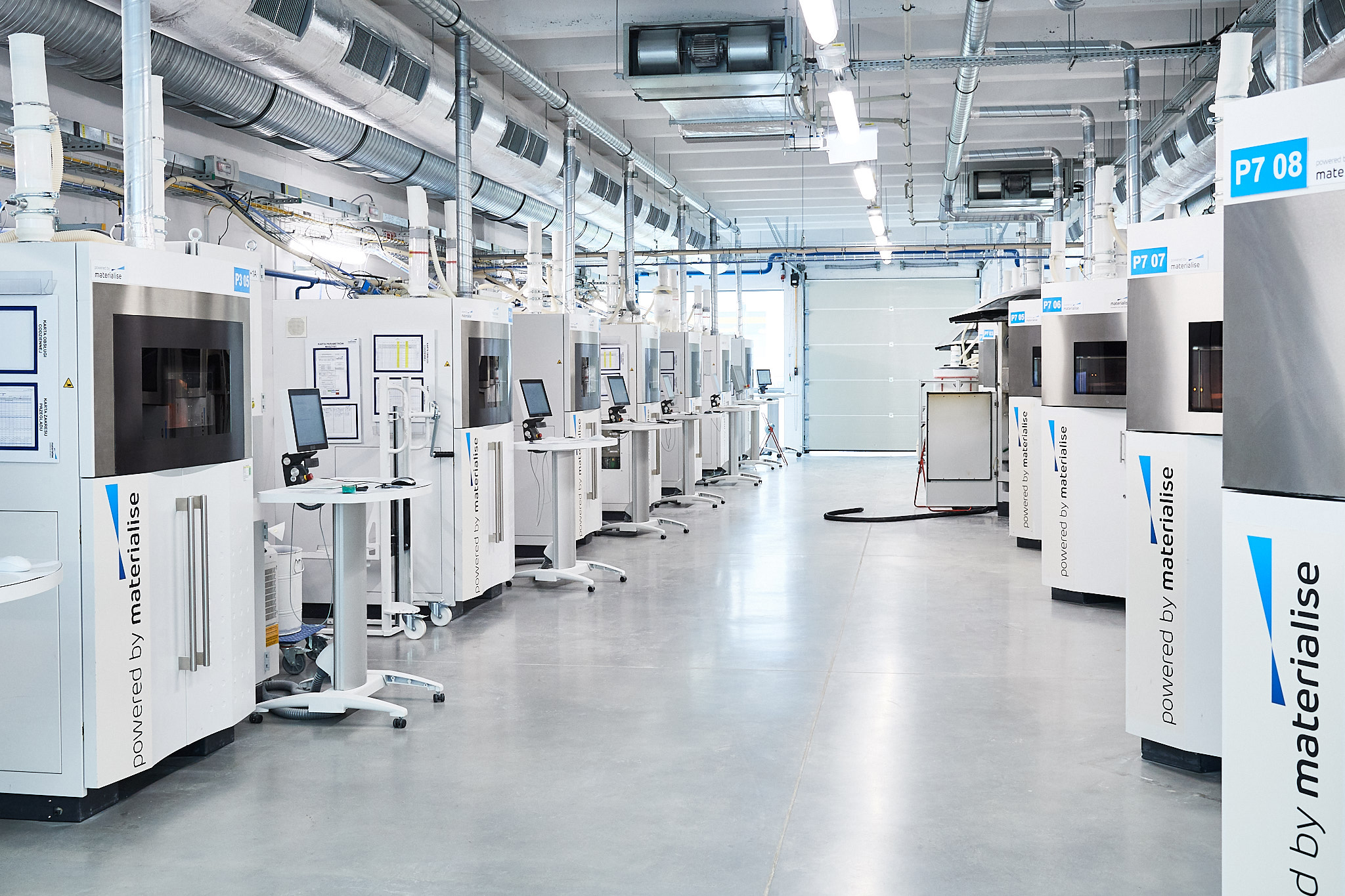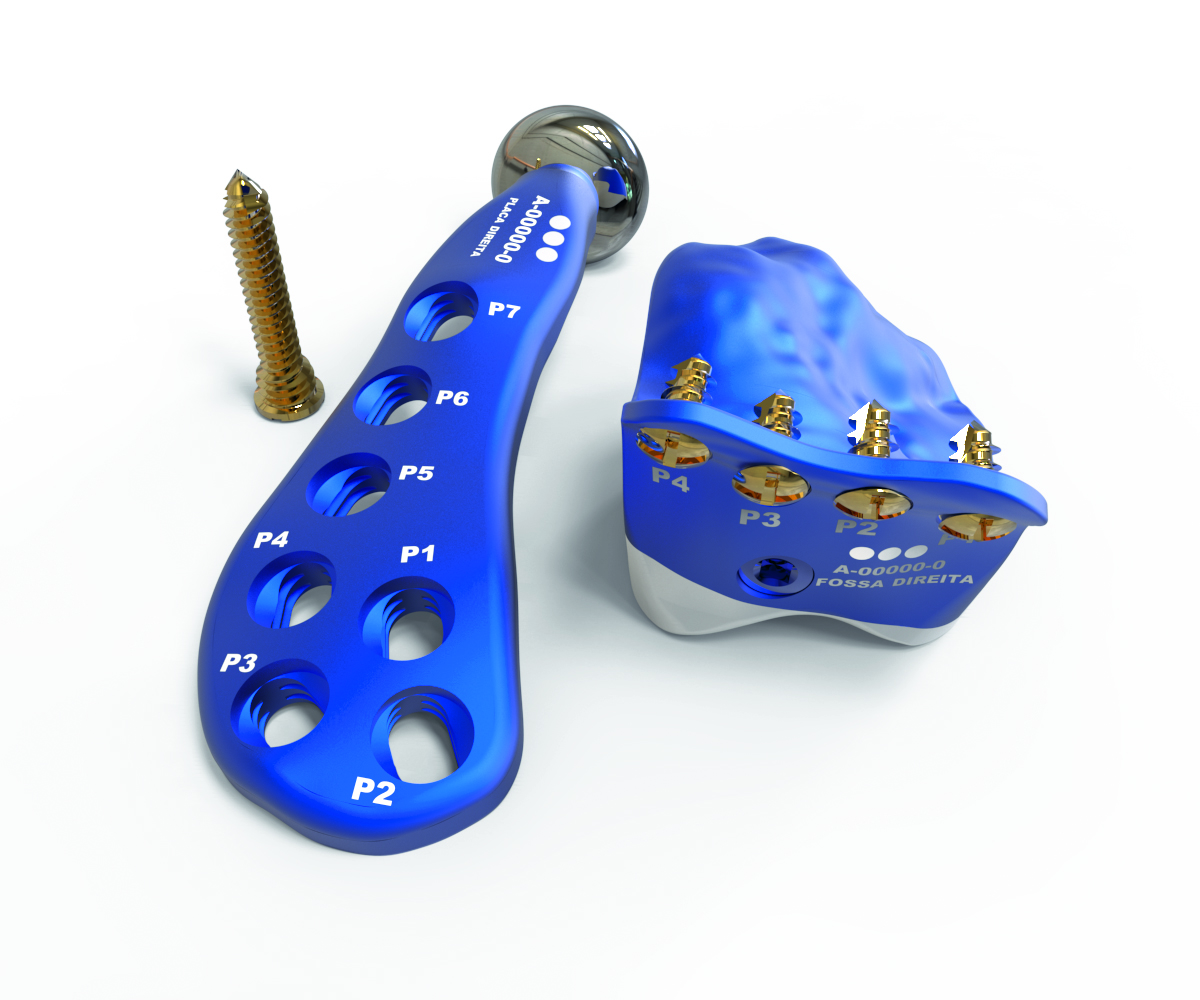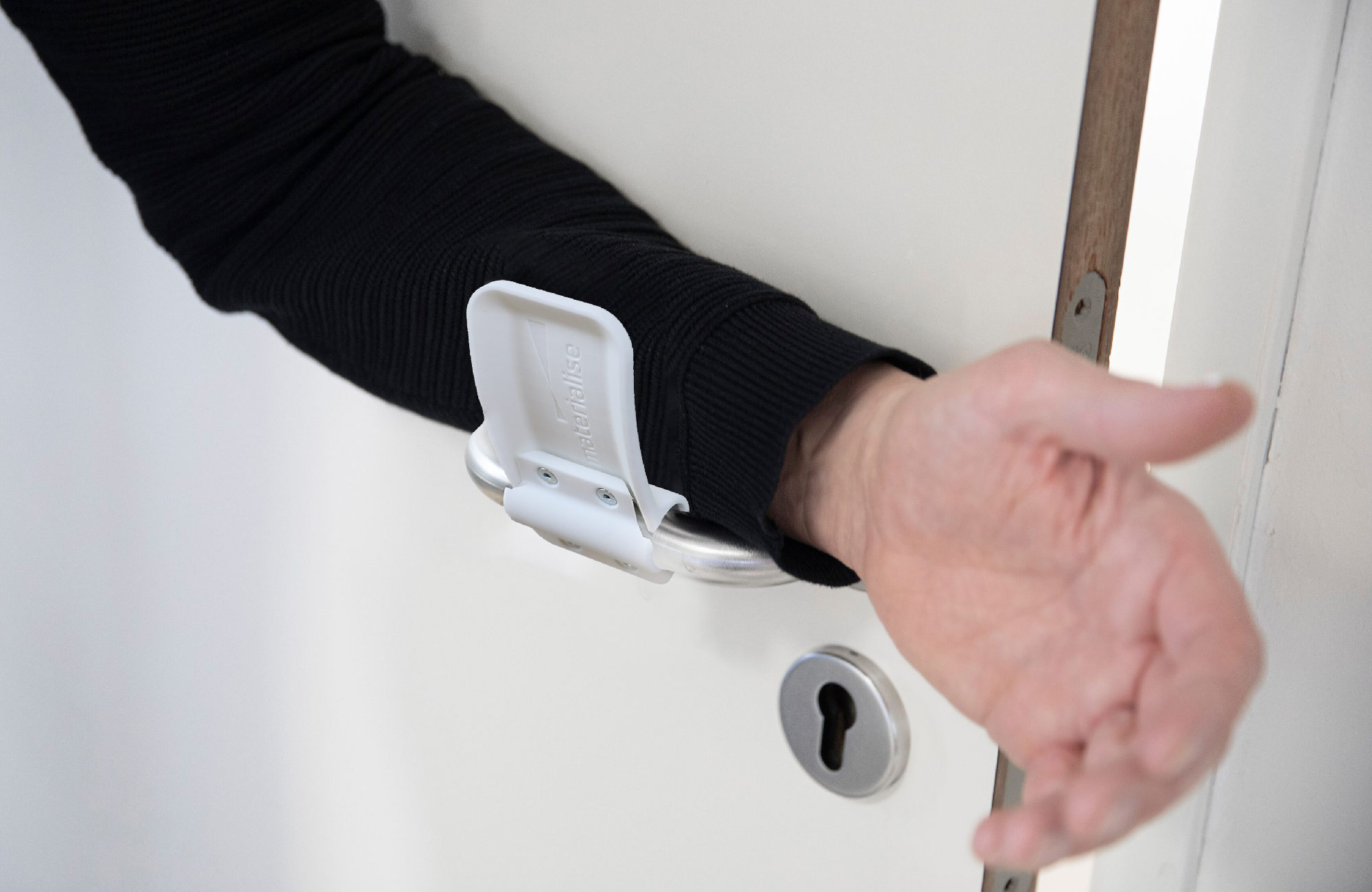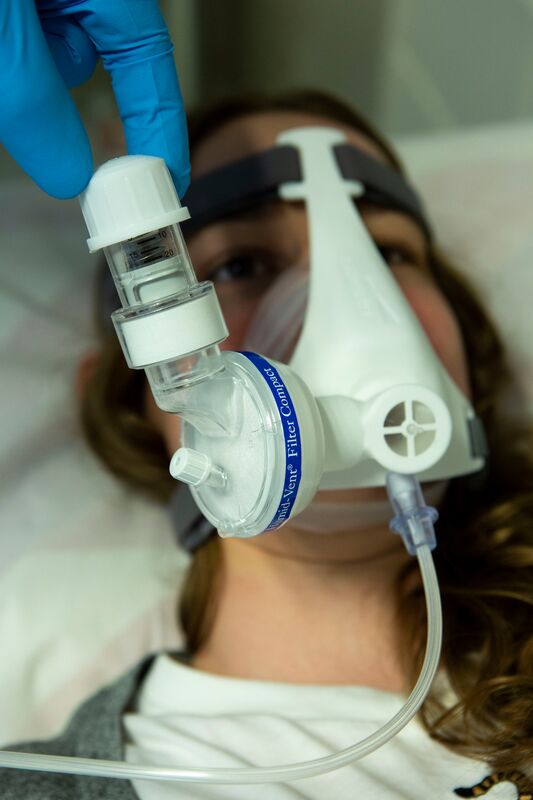Additive manufacturing service provider and software developer Materialise (NASDAQ:MTLS) has announced financial results for the first quarter ended March 31, 2020.
Total revenue for Q1 2020 decreased 1.8 percent to €46.2 million, from €47.1 million in Q1 2019. Despite the slight decrease in revenue, the company has experienced continued revenue growth in its Software and Medical segments. However, the revenue for its Materialise Manufacturing segment decreased compared to the same period last year. Commenting on the impact of the COVID-19 pandemic on Materialise Revenue, Executive Chairman Peter Leys states: “Fiscal 2020 began with unexpected challenges for businesses worldwide as a result of the COVID-19 virus. Materialise still performed relatively well during the first quarter as sales began to be negatively impacted only towards the end of the quarter.”
“With the subsequent spread of the COVID-19 crisis,” Ley continues, “and the increased disruption to the global economy and normal business operations, we expect the pandemic’s impact to be much more pronounced during at least the second quarter of 2020.”
In the investor call for Q1 2020’s earnings, much of the presentation centered on the impact of the coronavirus crisis, including measures and initiatives that Materialise has taken, as well as the longer term impact of this crisis on the additive manufacturing industry as a whole.

Materialise financial results
Materialise revenue is reported in three business segments: Software, Medical and Manufacturing. Materialise Medical experienced the strongest growth compared to the same period last year. For Q1 2020, the Medical segment reported a revenue of €15.6 million, an increase of 15.3 percent compared to Q1 2019.
The Materialise Software segment also experienced positive revenue growth for Q1 2020. Materialise Software revenue increased by 5 percent to €9.8 million, compared to €9.35 million in Q1 2019.
Manufacturing was the only segment where Materialise experienced a decline in revenue. Figures for the segment in Q1 2020 was reported at €20.8 million, a decrease of 13.9 percent compared to the same period last year, which came in at €24.2 million.
| Revenues | Q1 FY2020 | Q1 FY2019 | Variance € millions | % |
| Materialise Software | 9,821 | 9,350 | 471 | 5.04% |
| Materialise Medical | 15,645 | 13,566 | 2,079 | 15.33% |
| Materialsie Manufacturing | 20,815 | 24,184 | -3,369 | -13.93% |
| Unallocated | -36 | 15 | – | |
| Total segments | 46,245 | 47,115 | -870 | -1.85% |
Net loss for the first quarter of 2020 was -€2.8 million, equating to -€0.05 EUR per diluted share. In Q1 2019, the company previously reported a net loss of -€304 million, or -€0.01 EUR per diluted share.
Total deferred revenues from annual software sales and maintenance fees was €29.7 million at the end of Q1 2020, an increase of €2 million from €27.7 million at the end of 2019.
Discussing the positive growth of the company’s Medical segment during the earnings call, Johan Albrecht, Chief Financial Officer, explains that revenue from Medical Device solutions specifically rose 18.2 percent, which accounted for 68 percent of the total segment’s revenue. Engimplan, a Brazil-based medical device manufacturer that Materialise acquired a 75 percent stake in last year, contributed 11 percent towards the Medical Device solutions growth.

The negative performance of the Manufacturing segment was attributed to a decrease in the company’s ACTech business, a full-service manufacturer of complex metal parts which Materialise acquired in 2017. The revenue of ACTech was “particularly affected by the macroeconomic environment in the automotive sector,” states Albrecht, caused by the COVID-19 pandemic.
However, the traditional manufacturing business of Materialise still showed a small revenue increase, but was also negatively impacted by the crisis. Further on in the earnings call, Leys elaborates: “The negative results of our manufacturing segment are this quarter to a very large extent, attributable to ACTech, which is [..] 80% plus exposed to the automotive industry. Our traditional additive manufacturing business, [which] is also exposed to automotive but has a much broader exposure to many other sectors [..] actually [performed] very well, and even in spite of our traditional business also being hit by the COVID crisis towards the end of March actually did better than the first quarter of 2019.”
Impact of the COVID-19 pandemic
Due to the impact of the COVID-19 pandemic on all three of its segments, Materialise has withdrawn its financial guidance that it issued in early March. Leys explains that it is not possible to provide an alternative financial outlook, because “no one has visibility on how long the crisis will last.” He added, “We currently expect the negative impact of the COVID-19 crisis on our business to increase significantly throughout the second quarter of 2020. While we anticipate today that business should gradually pick up in the second half of the year, our visibility on the timing and speed of the recovery of the global economy in general and of our business in particular is currently too limited to provide meaningful financial guidance at this time.”

During the earnings call, Fried Vancraen, Materialise Founder and CEO, outlined the measures the company took to protect its employees following the quick spread of the COVID-19 virus across Europe. Materialise implemented social distancing rules for those that could not work at home, however there “were still contamination risks, especially those caused by surfaces stored by many people, such as door handles, or light switches,” explains Vancraen. In response, Materialise engineers created the 3D printed hands-free door opener which were tested and installed at its facilities, before being made available for free.
After, Vancraen outlined a number of preventive devices that Materialise has developed and distributed to help combat the pandemic, including an FFP2 mask frame that turns failed, low quality FFP2 face masks into more comfortable and fully compliant FFP2 masks. Additionally, in collaboration with Fluidda, a respiratory healthcare specialist, the Materialise medical engineering team invented, patented and tested a new kind of respiratory masks, known as non-invasive PEEP or in short NIP masks. “These masks allow oxygen to be provided to patients very efficiently without ventilation. It provides a positive and acceleration pressure, which opens the lungs for optimal oxygenation without providing the air pressure inhalation, which can make ventilators harmful for the lungs.”
Concluding on the impact of the COVID-19 pandemic to the wider additive manufacturing industry, Vancraen commented: “While we do not expect our industry to grow exponentially during this crisis, or shortly thereafter, we are picking up many signals that this crisis, however devastating it may be for those who are personally affected is putting industry 4.0 initiatives in general, and in particular, higher on the agendas.”

The nominations for the 2020 3D Printing Industry Awards are now open. Who do you think should make the shortlists for this year’s show? Have your say now.
Subscribe to the 3D Printing Industry newsletter for the latest news in additive manufacturing. You can also stay connected by following us on Twitter and liking us on Facebook.
Looking for a career in additive manufacturing? Visit 3D Printing Jobs for a selection of roles in the industry.
Featured image shows a factory floor powered by Streamics 8. Photo via Materialise.

